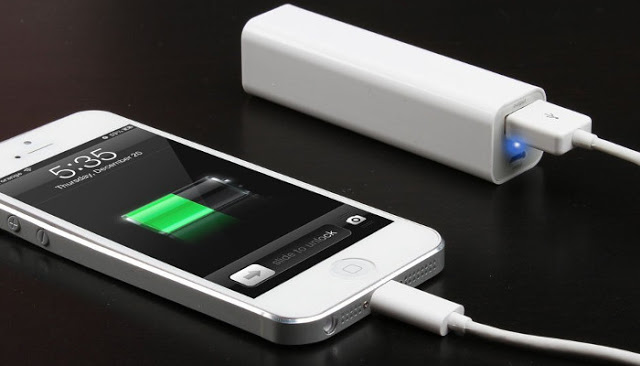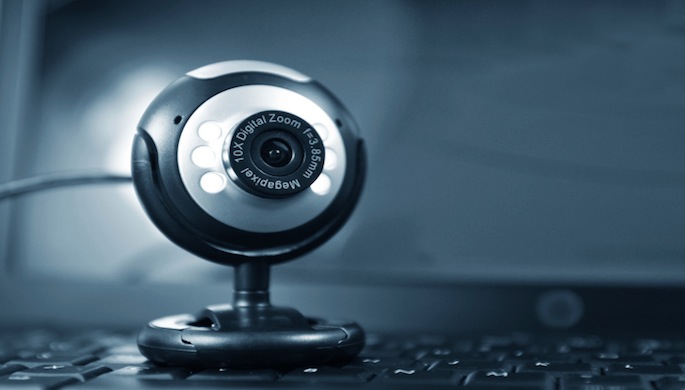Smartphones are now an essential part of daily life. From waking up in the morning to falling asleep at night, we rely on our phones for everything, from staying connected to entertainment and even work. But for many of us, this constant usage has turned into an addiction. Think about it. If you suddenly wake up at midnight, do you check your phone before going back to sleep? If yes, you are not alone.
This kind of behavior is now so common that it has a name — Nomophobia, which is the fear of being without your mobile phone. Recent studies show that over 66% of smartphone users show signs of this condition. While smartphones are meant to make life easier, being too dependent on them can harm your mental health, sleep, focus, and relationships.
If you feel like you are spending too much time on your phone and want to break free from this habit, it is time to take it seriously. This article will help you understand simple and effective ways to reduce smartphone addiction and take back control of your time.
Signs of smartphone addiction or smartphone addiction symptoms
Most people do not realize they are addicted to their phones until it starts affecting their daily life. It may start as just checking one notification, but hours go by without even noticing. If you are unsure whether you are addicted or not, here are some common signs that you should watch for.
One of the most common signs is constantly checking your phone, even when there are no notifications. You might feel the urge to pick up your phone every few minutes just to scroll, swipe, or tap.
Another sign is feeling anxious or irritated when you do not have your phone with you. If your battery is low or your phone is not around, you might feel restless or uncomfortable. You may also notice that you are spending more time on your phone than you intended. You open it just to check something quick but end up scrolling through Instagram, YouTube, or random websites for hours.
Smartphone addiction can also affect your sleep. Many people stay up late watching videos or checking social media, which delays sleep and leads to tiredness the next day. It can also affect your relationships. If your friends or family complain that you are always on your phone during meals or conversations, it is a warning sign.
Some people even experience phantom vibrations or notifications — where you feel your phone buzz even when it did not. This shows how deeply wired the habit has become.
If you feel like your productivity is going down, your mood is often low, or your screen time keeps increasing — these are also signs that your phone use is becoming unhealthy.
Just to summarize, here are a few symptoms
- You use smartphones during meal time.
- You spend time on a smartphone at the time interacting with other people.
- You feel uncomfortable when the phone is not with you.
- You frequently check your phone while you are doing other important tasks like driving, writing, and eating
- You just unlock your phone to see if there is a new notification even if you didn’t listen to any notification sound.
- You keep your phone always in hand while you can put that in your pocket.
If you think that the signs mentioned above apply to you or you already know and were searching for how to stop phone addiction, you must read this article.
Ways to overcome smartphone addiction
Smartphone addiction is not something that goes away overnight. It takes time, effort, and conscious daily choices. But if you follow the right approach, you can slowly reduce your screen time and get back control of your mind. Here are 10 practical and effective ways that actually help.
1. Set screen time limits for apps you overuse
The first step is to identify which apps are consuming most of your time. It could be social media, video platforms, or games. Most phones today come with built-in screen time settings. You can set daily usage limits for specific apps. For example, if Instagram is taking up two hours of your day, set a 30-minute limit. Once that time is up, your phone will block access unless you consciously override it. This makes you think twice before opening the app again.
2. Turn off non-essential notifications
Notifications are one of the biggest triggers of smartphone addiction. Every ping, buzz, or banner pulls your attention and forces you to check your phone. Go to your settings and turn off notifications for apps that are not urgent. Keep alerts only for calls, messages, or work-related apps. Without constant interruptions, your brain slowly starts to detach from the habit of picking up the phone every few minutes. Do this, especially at night, and try to sit with your family members and friends. Watch TV or walk. Do not think about the phone at this time. Uninstall apps that send too many notifications but you less use those apps.
3. Make your home screen distraction-free
Your phone’s home screen is the first thing you see. If it’s filled with social apps or games, you’ll tap them without thinking. Move these apps to the second or third page. Keep only the useful tools like camera, calendar, and messages on your home screen. Some people also switch their screen to grayscale to make the interface less attractive. It reduces the dopamine rush you get from colorful app icons and helps you cut down usage.
4. Replace mindless scrolling with something meaningful
The reason most of us get addicted is because scrolling gives quick pleasure. If you take that away, you need to replace it with something else. Try picking up a book, going for a walk, or listening to a podcast. The idea is to fill the time you used to spend on your phone with activities that are engaging and meaningful. Slowly, your mind will shift its focus to better habits.
5. Use “Do Not Disturb” or Focus Modes
Every phone now has a Do Not Disturb or Focus mode. You can set it for specific hours — like during work, sleep, or meals. When turned on, your phone won’t ring or show notifications unless you allow certain people or apps. It creates a digital boundary and helps you focus on the real world without interruptions. You can even schedule it to turn on automatically every day.
6. Avoid using your phone right after waking up or before sleeping
The first thing most people do after waking up is check their phone. This instantly puts your mind in a reactive mode. Instead of planning your day, you’re already buried in messages, news, or social media. The same thing happens before sleeping. The blue light affects your sleep quality, and the endless scrolling keeps your brain active. Keep your phone away from your bed and try starting and ending your day without it.
7. Delete apps that waste your time the most
If limiting screen time does not work, go a step further — uninstall the app. You can always reinstall it later, but taking it off your phone reduces the temptation. Many apps are designed to keep you hooked with infinite scrolls and notifications. Removing them, even temporarily, gives you breathing space to reset your habits.
8. Set “no-phone” zones or time blocks
Create phone-free areas in your life. For example, decide not to use your phone during meals, when meeting friends, or while working. You can also block out specific hours each day where your phone stays out of reach. Use that time to do focused work, go outside, or just be with yourself. The more you practice this, the more natural it becomes.
9. Track your progress weekly
Cutting down phone use takes consistency. At the end of each week, check your screen time stats. See if it’s going down. Set goals for the next week — like 30 minutes less than last time. When you see improvement, it keeps you motivated. Even if you slip, that’s okay. What matters is getting back on track.
10. Take a digital detox from time to time
Sometimes, the best way to reset is to take a full break. Try going a day or even a weekend without your phone. Let friends and family know in advance so they don’t worry. You’ll be surprised how relaxed and free your mind feels when there are no pings, alerts, or screens. A digital detox helps you reconnect with real life and reminds you that you don’t need to be online all the time.
Wrap Up
Smartphones are not the enemy. They help us stay connected, informed, and even productive. But when they start taking over our time, attention, and peace of mind, it becomes a problem. The good news is that small changes can make a big difference.
You do not need to quit using your phone completely. Just learn to use it with more awareness. Cut down the mindless scrolling. Set boundaries. Make time for real-life moments. These steps might feel difficult in the beginning, but they get easier with practice.
In the end, your time and attention are valuable. Do not let your phone decide how you spend your day. Take back control — one small step at a time.






